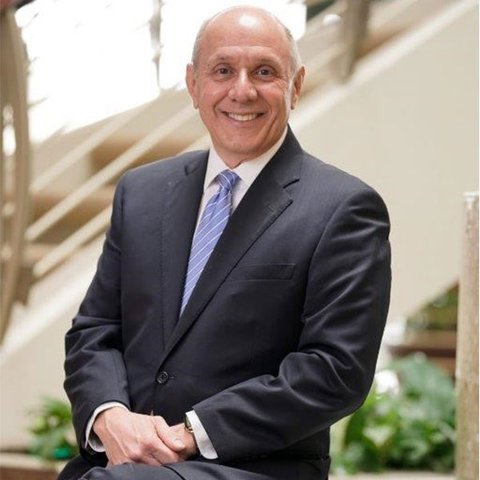During the summer of a presidential election cycle it is not uncommon for polling organizations to take the pulse of the American public on a variety of cultural and economic issues. Each party then tries to spin the polling results to the benefit of their presidential candidate.
What is peculiar is that the results of the polling are often ascribed to the sitting president, even though he may have little or no ability to impact events. For example, the financial markets seem to respond daily to economic and political developments from the Eurozone. The president has no ability to impact what happens across the pond yet is held somewhat responsible for the performance of the financial markets during his term.
The president’s signature piece of legislation, the Patient Protection and Affordable Care Act, was subjected to a Supreme Court challenge. If the law was repudiated by the Court, his challenger claims that the president’s term would be a failure. The president is also unable to control the unemployment rate but lives and dies on the first Friday of each month when these figures are released.
So, one of the strange things about polling is that it attempts to take the “temperature” of the public and then assigns blame or praise to a person who may have little or no control over events that create a positive or negative vibe with the public.
What is heard little during the political discourse this summer is the role of luck in determining the success of a presidency. History tells us that after a credit bubble pops, it can take decades, not years, before the deleveraging process is complete. The last time we experienced a credit bubble popping was in 2008. It should be no surprise that four years later, we are still experiencing very anemic economic growth.
Yet, the party that is in power during the aftermath of a credit bubble is nearly powerless to materially change our nation’s economic trajectory. The president’s opponent will of course point to the weak economy and claim that he would have done better. In trying to sort out the truth on this issue, it is helpful to understand that an economic contraction caused by the bursting of a credit bubble is fundamentally different in nature than a run-of-the-mill recession caused by the Fed raising interest rates.
Just as Bill Clinton was lucky enough to preside over the run up to the Nasdaq bubble bursting and all of the economic and tax revenue growth that accompanied the frenzy, Barack Obama is unlucky in presiding over the aftermath of a burst credit bubble.
Ronald Reagan was dubbed “the great communicator” largely based on his final debate performance versus then-President Jimmy Carter. Mr. Reagan’s polling numbers went up by 10% after leveling the president with the following series of questions: “Are you better off than you were four years ago? Is it easier for you to buy things in the store than it was four years ago? Is there more or less unemployment in the country than there was four years ago? Is America as respected throughout the world as it was?”
Is it unfair, bordering on delusional reasoning, to praise or blame a sitting president for everything that happens in the country during his term? You will be the judge.
Deprecated: preg_replace(): Passing null to parameter #3 ($subject) of type array|string is deprecated in /home/ogorek_dev_minerva/ogorek.minervawddev.com/wp-includes/kses.php on line 1805
PLEASE SEE IMPORTANT DISCLOSURE INFORMATION HERE.



